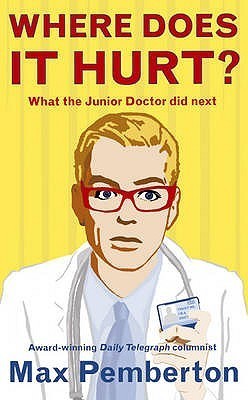What do you think?
Rate this book


272 pages, Paperback
First published January 1, 2009
What the patients in our line of work teach us is that, despite our differences, we are all the same. We have the same desires, motivations and concerns. They teach us what it is to be human and it's always a privilege to be taught.